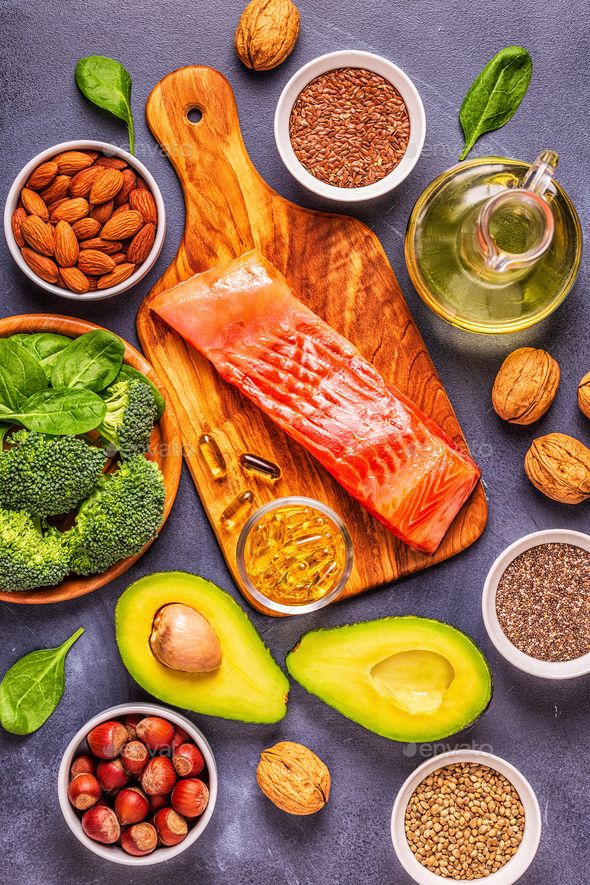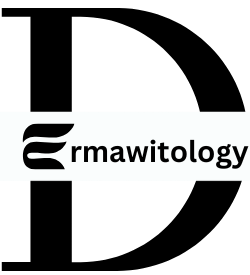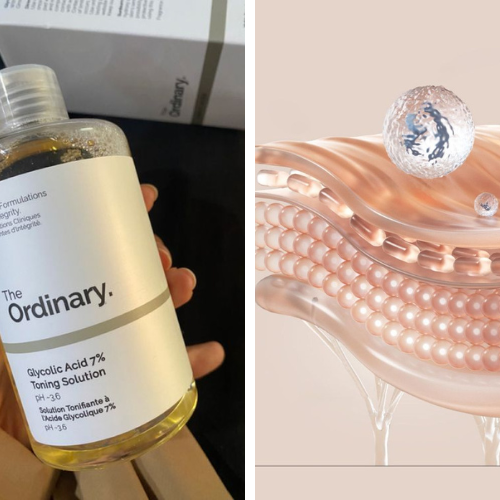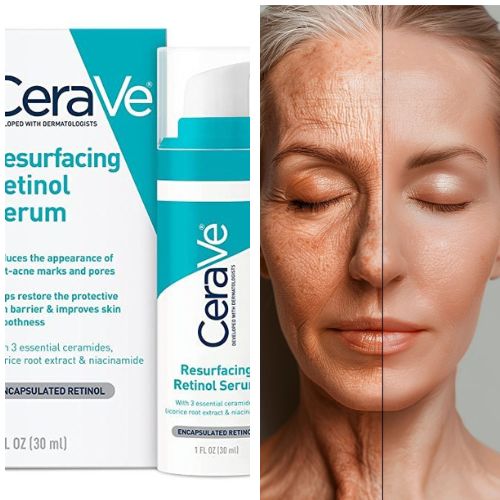Omega-3 for Skin: Benefits, Sources, Dosage & Best Routine for Glowing Skin
Omega-3 fatty acids are essential fats that improve skin hydration, reduce inflammation, and support overall skin health. Below is a complete guide on their benefits, sources, safety, concentration levels, and routine for skincare.
Types of Omega-3 Fatty Acids
There are three main types of omega-3s, each with unique benefits for the skin:
Eicosapentaenoic acid (EPA) – Reduces inflammation, prevents collagen breakdown, and protects against sun damage.
Docosahexaenoic acid (DHA) – Supports cell membrane health, keeping skin plump and hydrated.
Alpha-linolenic acid (ALA) – Found in plant sources, but the body converts only a small amount into EPA and DHA.
EPA is the most beneficial for skin health due to its strong anti-inflammatory properties.
t Sources of Omega-3 for Skin
Food Sources
Animal-Based (Rich in EPA & DHA)
Fatty Fish: Salmon, sardines, mackerel, tuna, herring
Fish Oil Supplements: Provide concentrated EPA & DHA
Cod Liver Oil: Also rich in vitamin A and D
Krill Oil: More easily absorbed than fish oil
Plant-Based (Rich in ALA)
Flaxseeds & Flaxseed Oil – Best plant source, but requires conversion to EPA/DHA
Chia Seeds – High in fiber and omega-3

Walnuts – Good for brain and skin health
Hemp Seeds – Contains omega-3, omega-6, and protein
Seaweed & Algal Oil – Best vegan source of DHA
Common Myths About Omega-3 & Skin
Myth 1: Omega-3 causes acne.
Fact: It actually reduces acne by controlling inflammation and oil production.
Myth 2: You only need omega-3 supplements for skin health.
Fact: Whole foods provide additional nutrients that supplements lack.
Myth 3: More omega-3 is always better.
Fact: Overconsumption (above 5000 mg/day) can cause thinning blood and other issues.
Benefits of Omega-3 for Skin
Hydration & Moisture Retention – Strengthens the skin barrier, preventing dryness and flakiness.
Reduces Inflammation – Helps with acne, psoriasis, eczema, and redness.
Anti-Aging – Reduces fine lines, wrinkles, and sagging by increasing collagen production.
Protects Against UV Damage – Lowers sunburn risk and prevents hyperpigmentation.
Prevents Acne – Reduces excessive oil production and calms breakouts.
Speeds Up Wound Healing – Supports skin repair and minimizes scars.
Who Should Be Cautious with Omega-3?
While omega-3 is generally safe, certain people should consult a doctor before taking supplements:
People on blood thinners – Omega-3 can increase bleeding risk.
People with seafood allergies – Choose plant-based sources like algal oil.
Pregnant & breastfeeding women – Safe, but high doses should be monitored.
People with low blood pressure – Omega-3 can lower blood pressure further.
conclusion
Omega-3 fatty acids are a powerful skincare tool, working from the inside out to keep your skin healthy, youthful, and hydrated
. Whether you get them from food, supplements, or skincare products, they offer long-lasting benefits.







